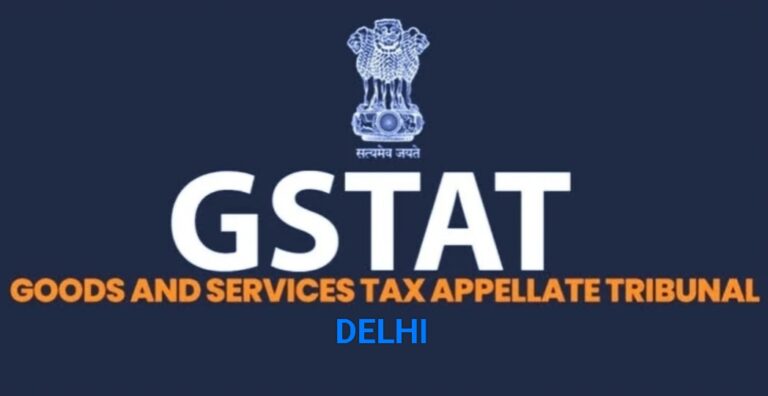In a significant ruling dated 2 September 2025, the Goods and Services Tax Appellate Tribunal (GSTAT), New Delhi, held a hotel guilty of profiteering under Section 171 of the CGST Act, 2017. The case arose when the hotel, despite a notified reduction in GST rate on accommodation services, failed to pass on the benefit of the tax cut to consumers. Instead, it allegedly increased the base room tariff, thereby neutralizing the intended reduction in the overall price payable by customers.
The matter originated from an investigation by the Directorate General of Anti-Profiteering (DGAP), which found that the hotel had unjustly retained the benefit of the rate reduction and computed the profiteered amount at approximately ₹ 31.28 lakh. The GSTAT, after hearing both parties, upheld the DGAP’s findings and directed the hotel to deposit the profiteered sum with interest into the Consumer Welfare Fund.
This decision underscores the government’s firm stance on enforcing anti-profiteering provisions and clarifies that businesses cannot offset tax benefits by manipulating base prices. It also serves as a precedent for the hospitality and service sectors, emphasizing the statutory duty to pass on every reduction in the rate of tax to the ultimate consumer.
Facts
- The respondent is a hotel service provider supplying accommodation services.
- A reduction in the GST rate on hotel accommodation was notified vide Notification No. 20/2019-Central Tax (Rate), dated 30-09-2019.
- It was alleged by the Directorate General of Anti-Profiteering (DGAP) that the respondent did not pass on the benefit of this rate reduction to the consumers. Instead, it maintained the same final price by increasing the base price (i.e., before tax).
- The hotel defended that, during the COVID-19 period, it had incurred additional costs (e.g., disruptions, safety measures) and had already factored in cost increases in its room rates. It argued that price increases were justified by cost escalations.
- DGAP computed the amount of profiteering as ₹ 31.28 lakh.
- The matter was placed before GSTAT for adjudication under Section 171 of the CGST Act (anti-profiteering).
Issues before GSTAT
- Whether the respondent had, in fact, profiteered by denying the benefit of the GST rate cut (i.e. whether hiking the base price to neutralize the tax cut is disallowed).
- Whether cost escalation during COVID-19 is a valid defence to avoid adjustment of base price.
- Whether the presumption of profiteering (arising under law) stands rebutted in this case (i.e. did the hotel provide credible evidence to show that no profiteering occurred).
- What remedy (amount + interest) should be ordered, and whether the amount should be deposited in the Consumer Welfare Fund.
Decision / Holding of GSTAT (02-09-2025)
- GSTAT held that profiteering had indeed occurred — the hotel failed to pass on the benefit of the rate reduction to consumers because it increased the base price.
- The Tribunal rejected the hotel’s defence based on cost escalation (COVID) because the hotel did not produce cogent materials or evidence to justify the increase in base price in such a way as to fully offset the benefit of the rate cut. The Tribunal emphasized that “market dynamics” or cost pressures cannot be used as a device to avoid the statutory obligation of passing on the benefit.
- Since the hotel could not rebut the statutory presumption of profiteering, the DGAP’s calculation was upheld.
- The amount of ₹ 31.28 lakh, along with interest at 18%, was directed to be deposited in the Consumer Welfare Fund.
Significance & Commentary
- This is one of the more prominent recent rulings showing the stricter enforcement of anti-profiteering norms in the hospitality sector.
- A key takeaway is that suppliers cannot neutralize a tax cut by inflating the base price, unless they can convincingly show that cost increases independently justified such hikes.
- The ruling reinforces that a presumption of profiteering arises when a rate cut is not mirrored by proportional price reductions, and such presumption shifts the burden of proof to the supplier.
- The decision also demonstrates that interest at 18% is routinely imposed on the profiteered amount (from the date of collection) unless there is a compelling reason to withhold it.
-
From a compliance standpoint, this judgment signals that businesses in hospitality (and other sectors) must maintain robust documentation to defend against anti-profiteering claims, especially when cost escalations are invoked.
